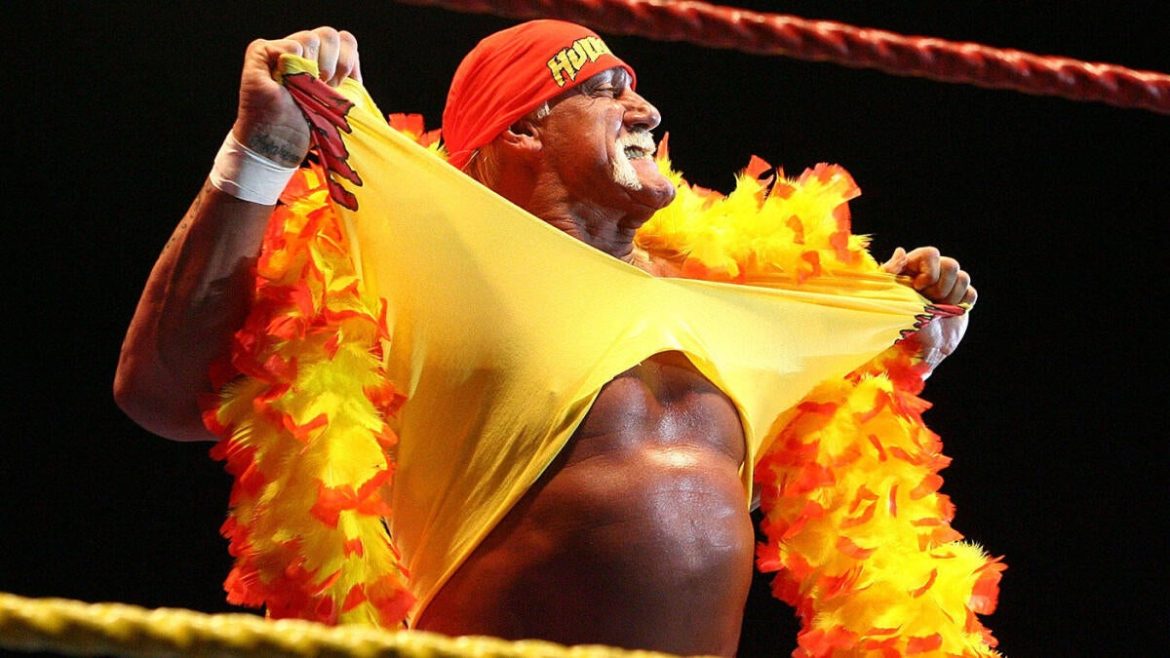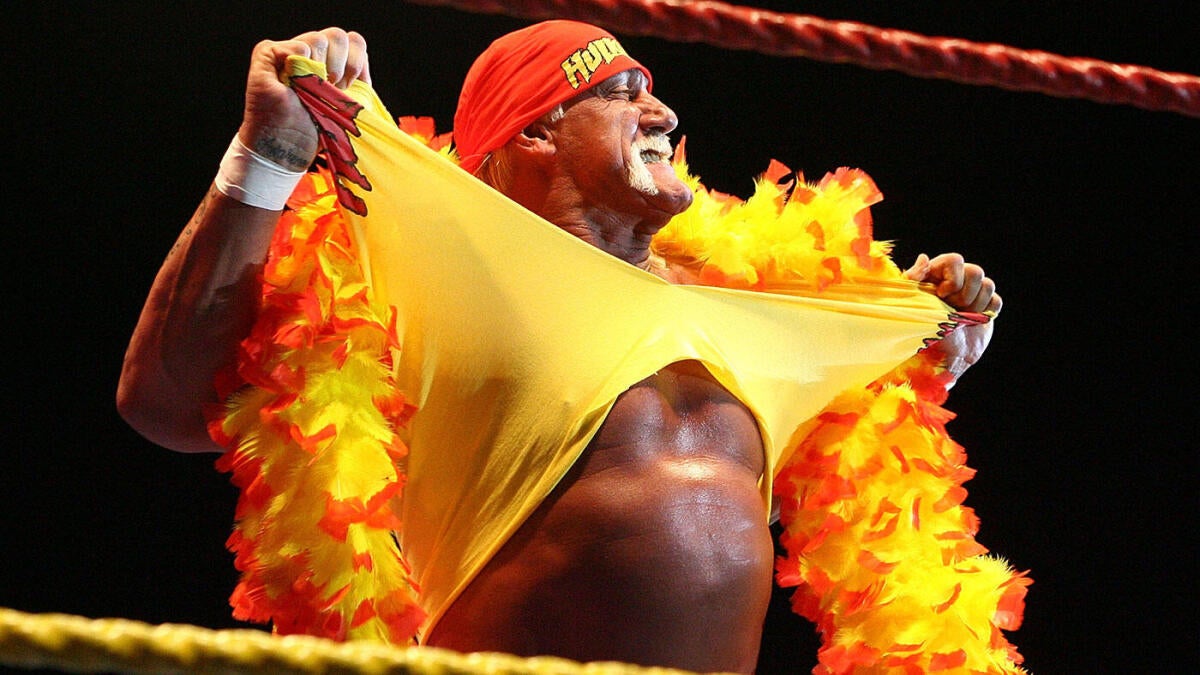The Untimely Demise of a Titan: Reflecting on the Life and Legacy of Hulk Hogan
A Cultural Icon’s Journey
Hulk Hogan, born Terry Bollea, was more than a professional wrestler; he was a cultural phenomenon. His passing at the age of 71 sent shockwaves through the world, prompting a collective reflection on his extraordinary life and the indelible mark he left on entertainment. Hogan’s career spanned decades, during which he transcended the confines of the wrestling ring to become a household name, a symbol of American grit, and a pioneer in the world of sports entertainment.
Hogan’s rise to fame coincided with the golden age of professional wrestling in the 1980s, a time when the sport was evolving into a mainstream spectacle. His larger-than-life persona, characterized by his towering physique, iconic handlebar mustache, and signature bandana, became synonymous with the era. But it was his charisma and ability to connect with audiences that truly set him apart. Hogan wasn’t just a wrestler; he was a storyteller, a motivator, and a symbol of hope for millions of fans.
The Birth of Hulkamania
Hulkamania was more than a catchphrase; it was a movement. Hogan’s character was meticulously crafted to embody the virtues of hard work, perseverance, and moral fortitude. His catchphrases—“Train, say your prayers, and eat your vitamins”—became mantras for a generation. His matches were not just athletic contests; they were morality plays where good triumphed over evil. Whether he was battling the Iron Sheik, Andre the Giant, or King Kong Bundy, Hogan’s victories were celebrated as triumphs of righteousness.
His impact on the World Wrestling Federation (WWF), now WWE, was immeasurable. Hogan headlined some of the most iconic WrestleManias, drawing record-breaking crowds and elevating the sport to new heights. He was instrumental in transforming wrestling from a niche spectacle into a global entertainment juggernaut. Without Hogan, the wrestling landscape as we know it today would be unrecognizable.
Beyond the Ring: A Multifaceted Entertainer
Hogan’s influence extended far beyond the wrestling ring. He successfully transitioned into acting, starring in films like “Rocky III,” “No Holds Barred,” and “Suburban Commando.” While his acting skills were often the subject of debate, his presence was undeniable. He brought his larger-than-life persona to the big screen, solidifying his status as a pop culture icon.
His foray into television was equally successful. He hosted “Saturday Night Live” and starred in his own reality show, “Hogan Knows Best,” which offered a glimpse into his family life. The show was a ratings hit, further expanding his reach and cementing his image as a family-friendly entertainer. He even had a cartoon series, “Hulk Hogan’s Rock ‘n’ Wrestling,” that further endeared him to younger audiences.
Hogan’s ability to market himself was unparalleled. He understood the power of branding and used it to his advantage, transforming himself from a wrestler into a global phenomenon. His image was meticulously crafted and carefully managed, ensuring that he remained a relevant and beloved figure in popular culture.
Controversies and Challenges
However, Hogan’s life was not without its controversies. His departure from the WWF in the early 1990s to join rival promotion WCW marked a significant turning point. While he enjoyed success in WCW, his character became stale, and the quality of his matches declined. This period was a stark contrast to the golden age of Hulkamania, and it left many fans questioning the future of his career.
Beyond the professional realm, Hogan faced personal challenges, including a highly publicized divorce and legal battles. His involvement in a sex tape scandal in 2015 caused significant damage to his reputation and led to his temporary removal from the WWE Hall of Fame. These controversies exposed a darker side to the Hulk Hogan persona, revealing the human flaws and vulnerabilities that lay beneath the carefully constructed image.
Reconciliation and Legacy
In recent years, Hogan had attempted to rehabilitate his image and reconnect with the WWE. He publicly apologized for his past actions and expressed remorse for the hurt he had caused. In 2018, he was reinstated into the WWE Hall of Fame, a move that was met with mixed reactions from fans and fellow wrestlers.
His appearances on WWE television were carefully managed, often emphasizing his past achievements and focusing on his contributions to the industry. While some remained critical of his past behavior, others welcomed his return, viewing it as an opportunity for reconciliation and forgiveness.
Despite the controversies, Hogan’s impact on professional wrestling remains undeniable. He inspired generations of wrestlers and fans alike. He transformed the industry into a global phenomenon and paved the way for countless others to achieve success. His name will forever be synonymous with professional wrestling, and his legacy will continue to be debated and analyzed for years to come.
A Final Farewell: The End of an Era
The death of Hulk Hogan marks the end of an era. He was more than just a wrestler; he was a symbol of a time when wrestling was larger than life, when good always triumphed over evil, and when anything seemed possible. While his legacy is complex and multifaceted, his impact on the world of professional wrestling and popular culture is undeniable.
As the final bell tolls for the Hulkster, the world pauses to remember the man who dared to ask, “Whatcha gonna do when Hulkamania runs wild on you?” And for many, the answer will forever be: remember. Hulk Hogan’s legacy is one of inspiration, controversy, and ultimately, a testament to the power of perseverance and the enduring spirit of sports entertainment.





